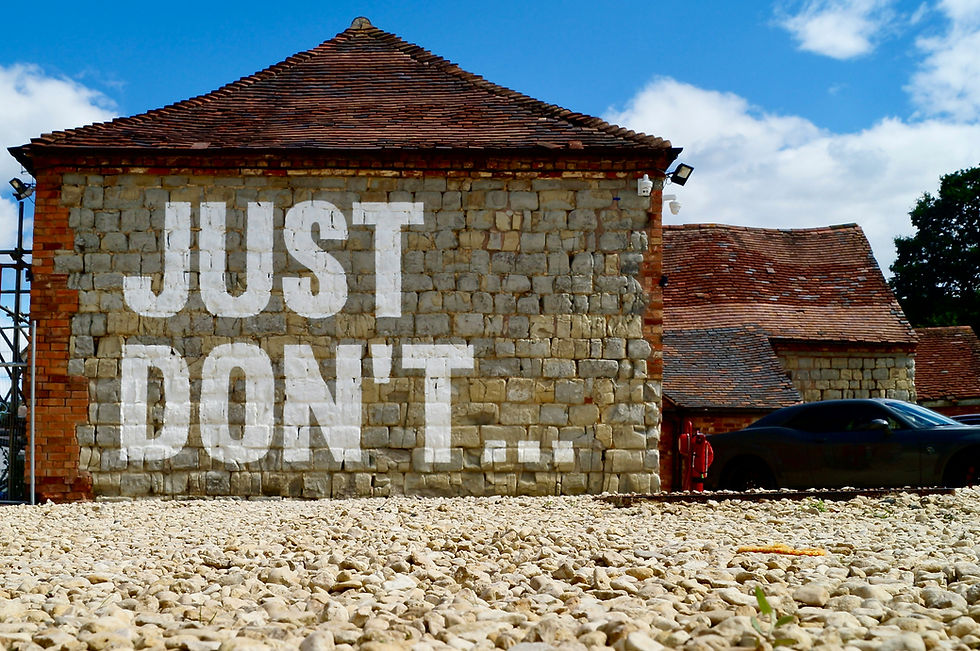The Importance Of MLK To A Biracial Kid
- Jessica Kiragu
- Jan 19, 2024
- 2 min read
“If it wasn’t for him, I wouldn’t be born.” This is what my little one said when I asked her about the most important things she had learned about Dr. Martin Luther King, Jr.

In all honesty, I was a bit surprised by her reply. Though we talk openly about race, racism, the creation and history of whiteness, and the ways inequity holds us all back, I didn’t expect her to say this. So, I asked her about how she came to understand this about Dr. King.
She explained to me that in the United States, people who are white, like me, didn't want white people to marry people who are black, like her dad. More than that, these white people definitely didn’t want people with white skin to have kids with people who were not white. She is sure that without the leadership and example of Dr. King, this would not have changed and she wouldn’t be allowed to exist. The meaning she’s making of Dr. King’s legacy has direct implications for her life.
My young child is highlighting the intricate connections of race in the US. She's drawing links between race, racism, and our family. She not only sees race as related to our multiracial family, but she also extends this view to all people. She recognizes that white folks play a significant role in the story of race, a fact that I couldn’t grasp until I was an adult.
In this way, I am reminded of my connection to the stories and legacies of race, racism, and efforts towards equity in the US. This is not because I was present or personally involved in them, but because I am part of a country where race matters and because I am white in a culture that attributes value to skin color. Every account of race, racism, and the pursuit of racial equity informs me about whiteness, how it is perceived, and shapes ideas of how people have been and ought to be treated. Like my little girl, I may not have chosen or created this racial reality, but I am entangled in it.
Despite a common narrative in the United States that children are too young to understand racism, my own child consistently proves otherwise. She engages in discussions about race, racism, and the concept of white superiority with her peers. She connects the history of racial dynamics to her own experiences. She can comprehend how whiteness was constructed to inflict harm and create division, while simultaneously loving white people.
She isn't the only child I've encountered who understands and engages with race. Babies notice racial differences and children are naturally curious about them. Many kids understand and discuss ideas of fairness, noting what's equitable and what's not. Our children can handle the complexity of race and its impacts on our lives, and so can we. If not for ourselves, let's do it for the kids.




Comments